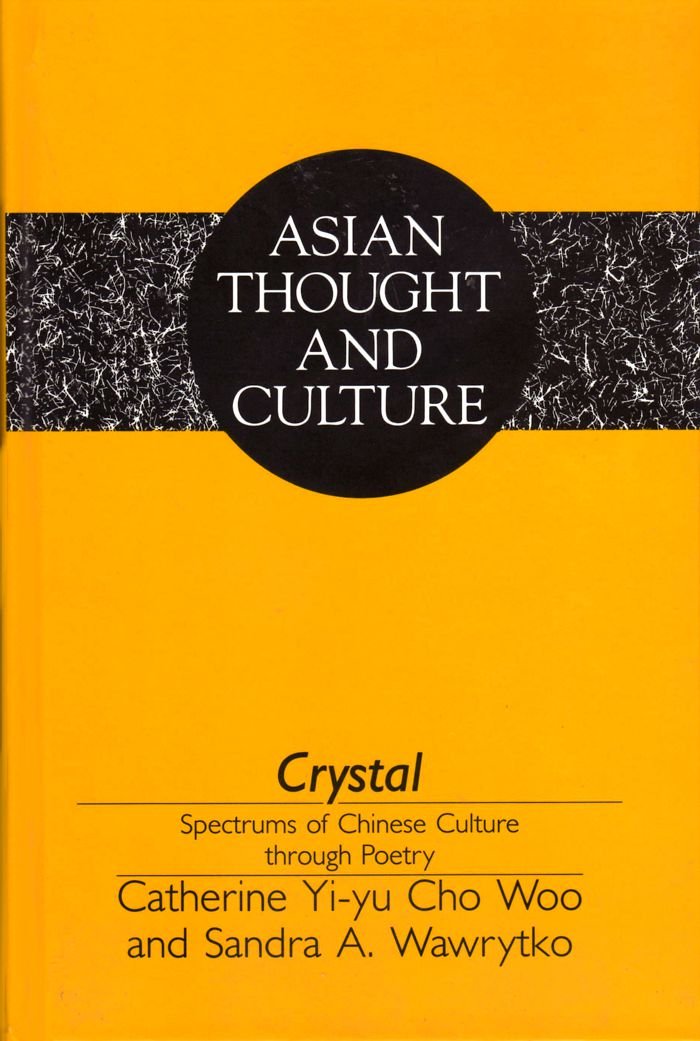In the landscape of contemporary poetry, few voices resonate as profoundly as that of Cho Donghwa, a celebrated South Korean poet known for his distinctive approach to simplicity in poetry. This article delves into the essence of Cho’s poetic style, exploring how he masterfully balances simplicity with depth, and how his work reflects the intricacies of human experience while remaining accessible to a broad audience.
Who is Cho Donghwa?

Cho Donghwa, born in 1940 in Korea, is a prominent figure in the world of poetry. He has published numerous collections that have garnered critical acclaim and popular readership alike. His poetry often reflects the cultural, historical, and emotional fabric of Korean life, yet his themes resonate universally. His ability to convey profound truths through simple language makes his work a staple in both academic and casual reading circles.
The Philosophy of Simplicity

At the heart of Cho Donghwa’s poetry is the philosophy of simplicity. Unlike many contemporary poets who often indulge in complex structures and dense language, Cho emphasizes clarity and emotional resonance. His belief is that poetry should not be an exclusive club for the educated elite but rather a form of expression that everyone can understand and appreciate.
- Accessibility: Cho’s simple language invites readers from various backgrounds to engage with his work.
- Emotional Depth: By stripping away excess, he allows emotions and imagery to shine through without distraction.
- Universality: Simplicity in language enables universal themes, making his work relatable across cultures.
Key Characteristics of Cho Donghwa’s Poetic Style

Cho Donghwa’s poetry embodies several distinct characteristics that illustrate his unique approach to simplicity:
1. Minimalist Language
One of the hallmark features of Cho’s work is his minimalist use of language. He often employs short, concise sentences that convey complex emotions and ideas without elaborate phrasing.
- Example: In his poem “Morning,” Cho captures the essence of a new day with just a few words, evoking feelings of hope and renewal.
- His choice of everyday language makes his poetry relatable and approachable, allowing readers to connect on an emotional level.
2. Vivid Imagery
While Cho’s language may be simple, his imagery is anything but. He uses vivid descriptions that paint clear pictures in the reader’s mind, often drawing from nature and everyday life.
- Example: In “The Sound of Water,” Cho describes the gentle flow of a stream with such clarity that readers can almost hear it.
- This ability to create mental images enhances the emotional impact of his poems, making them memorable.
3. Introspection and Reflection

Cho’s poetry often reflects on personal and collective experiences, inviting readers to engage in self-reflection. His themes commonly touch on love, loss, nature, and the passage of time.
- His introspective style encourages readers to ponder their own experiences, creating a shared emotional journey.
- The simplicity of his language allows readers to focus on the themes rather than getting lost in complicated syntax.
Case Studies: Analyzing Select Poems
To illustrate Cho Donghwa’s unique style further, we will analyze a few of his notable poems, highlighting the elements that exemplify his mastery of simplicity.
“The Wind”

In this poem, Cho personifies the wind, allowing it to become a metaphor for change and impermanence. The language is straightforward, yet the emotional weight is significant.
- The use of short lines creates a rhythm that mirrors the gentle movement of the wind.
- Readers are left with a sense of nostalgia as they reflect on their own experiences of change.
“A Simple Life”

This poem encapsulates Cho’s philosophy on living a life free from complications. His choice of language is deliberately uncomplicated, emphasizing the beauty in everyday moments.
- Through simple observations, Cho portrays the richness of life that often goes unnoticed.
- This theme of finding joy in simplicity resonates deeply with readers, encouraging a more mindful approach to life.
The Impact of Cho Donghwa’s Poetry
Cho Donghwa’s poetry has not only enriched Korean literature but has also made significant contributions to the global literary community. His works have been translated into multiple languages, allowing his messages to transcend cultural boundaries.
- Influence on Contemporary Poets: Many modern poets cite Cho as an inspiration for their own work, particularly those who seek to achieve clarity and emotional depth.
- Cultural Reflection: His poetry serves as a lens through which readers can gain insight into Korean culture, history, and values.
- Literary Recognition: Cho’s contributions have been recognized with various awards, further solidifying his place in the literary canon.
Conclusion: Embracing the Art of Simplicity
Cho Donghwa’s unique poetic style stands as a testament to the power of simplicity in literature. By employing minimalist language, vivid imagery, and introspective themes, he creates poetry that is both accessible and deeply resonant. His work embodies the belief that poetry can and should speak to the human experience in a way that is clear and relatable.
As readers, we are invited to embrace the art of simplicity in our own lives, finding joy in the ordinary and reflecting on the profound truths that lie within our experiences. Cho Donghwa’s poetry serves as a reminder that sometimes, less truly is more, and that in the quiet moments of life, we can discover the most profound beauty.